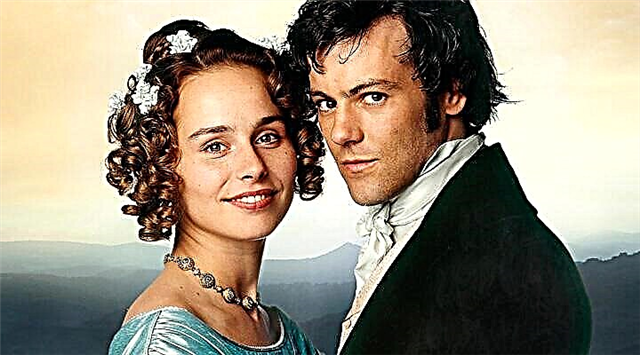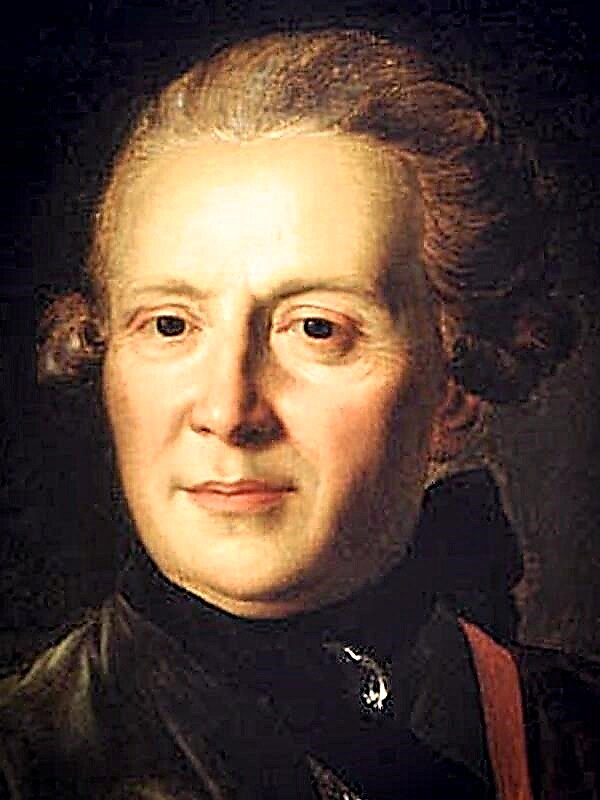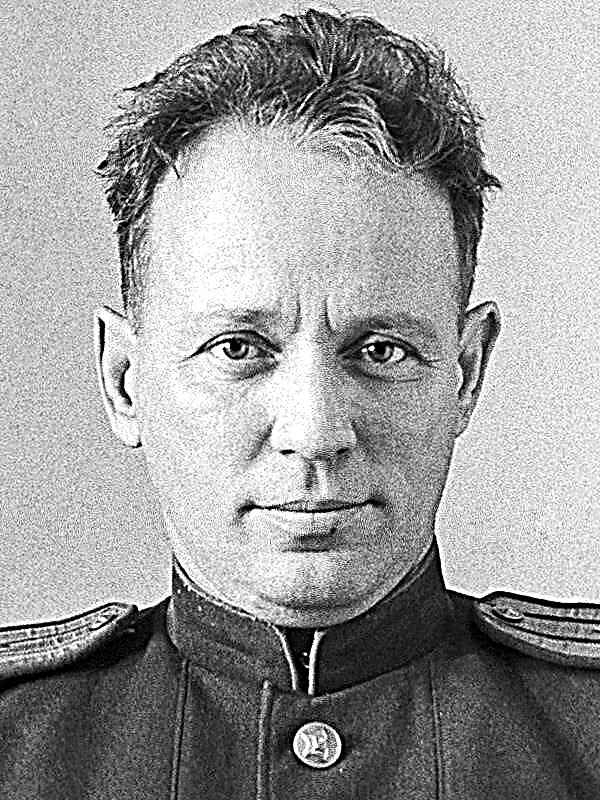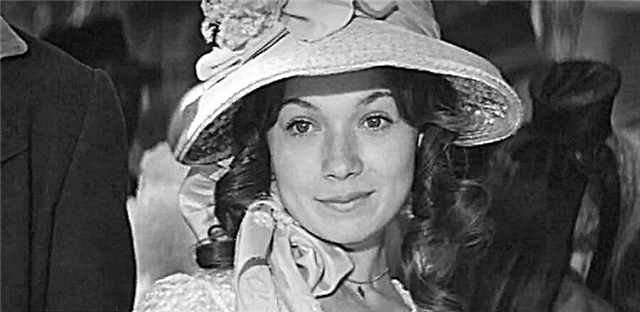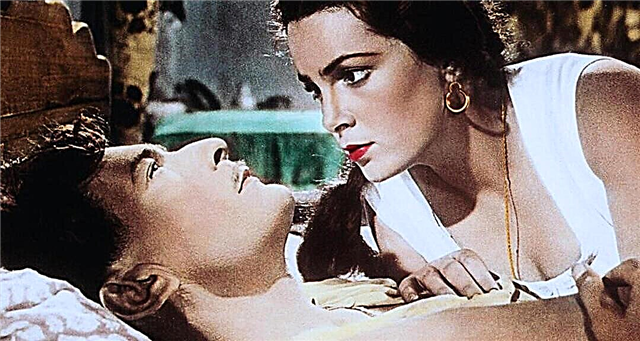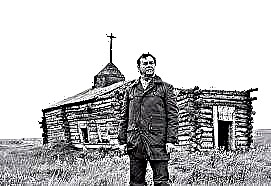Both in the real world and in literature, kindness often opposes cruelty. These qualities can enter the fight even in the same hero. In the novel "Eugene Onegin", the characters also combine these opposite concepts, due to which the work becomes a vivid and vivid example of manifestation of anger and virtue, in other words, cruelty and kindness.
- Who can be called cruel? Imaginary cruelty. Often we incorrectly judge people by attributing certain qualities to them. For example, can Onegin be called cruel? Analyzing the love line with Tatyana Larina, involuntarily you recall the touching letter of the heroine, to which Eugene refused. At first glance it may seem that in this situation the character acted brutally. However, it is this act that emphasizes that the soul of a man is not so callous, although he himself stubbornly hangs on himself the label of a loner indifferent to everything. Rejecting Tatyana, he not only does it rather delicately, but does not spread about her act, because then the girls were ashamed to write love confessions, such a letter could bring shame to the whole family. Eugene, however, leaves this secret, which speaks of his decency and kindness. Judging only by this scene, it cannot be said that he acted cruelly, although Tatyana herself, having received such a lesson, thought very differently. But she later realized her chosen one. Thus, not everything that seems cruelty is really it.
- Cruelty - cowardice. Very often the real root cause of cruelty is cowardice. For example, only because of fear of public opinion Onegin kills his friend Vladimir Lensky. The tragedy happened after Vladimir called a friend to a duel, seeing how he was flirting with his bride Olga. Eugene himself did this, pouring out his anger at a friend because he invited him to the Larins for the evening, where the hero was embarrassed to be because of a conversation with Tatyana. The man understood that he had to apologize, because he had no attraction to Olga, the quarrel was meaningless. But people would think that the hero was scared, so he composed an absurd excuse. Choosing between Lensky’s life and his image, he chose the latter. No matter how the reader justifies the hero by saying that this happened in a duel, it is impossible not to call this act cruel. Obeying fear, Eugene lost a loved one and cut off his young life. The cause of his cruelty was real cowardice.
- What qualities does a good person have? For example, Tatyana Larina is a touching, thoughtful and kind-hearted girl who has read foreign novels and is expecting a person with whom she could fall in love. She is impressive, dreamy and romantic, but this is not why this heroine is considered Pushkin's moral ideal. Tatyana demonstrates the greatness of her good soul at the end of the work: while still in love with Onegin, she remains faithful to her husband. Thus, she sacrifices her feelings and possible happiness. Selflessness clearly shows the kindness and sincerity of the heroine. Only by rejecting one's own selfish interests can a person manifest true virtue by helping people or supporting them. If a person at a crucial moment cannot step over his own needs, then his kindness will be limited to politeness. Therefore, without dedication there can be no real kindness.
- His cruel people suffer from cruelty. Unfortunately, victims of cruelty are often those who are next to the villain. For example, Vladimir Lensky, a friend of Onegin, died at his hands. The hero was a gentle and kind person who endlessly trusted people. Therefore, his heart was painfully wounded when he saw that a friend was taking his bride away, dancing and flirting with her at the evening of Tatyana's birthday. Lensky had a good reason for a duel, because he loved Olga very much. Having not admitted his wrong, Eugene killed a friend in a duel. He appreciated the high appreciation of society than the life of a comrade. Unfortunately, with kind people who have a big heart, they sometimes act so cruelly just because they chose the wrong environment.
- Often people hide cruelty under the guise of hypocrisy and false complacency. For example, from the first lines of the novel "Eugene Onegin" we meet ruthlessness in the hero himself, who thought about his sick uncle: "When the devil takes you!" Pushkin calls this low cunning, which is quite difficult to argue with. Yes, it is possible that Onegin inherited that cruelty from the same uncle, but it is hard not to notice how cynical and false the young man is. He came to accompany his relative on the last journey, and he only thinks that he would soon die. Eugene is only concerned about his own well-being, but with his uncle he pretends that this is not so. Arriving in the village, he only observes the decencies accepted in society. Often behind the mere hypocrisy hides the whole dark inside of a person.

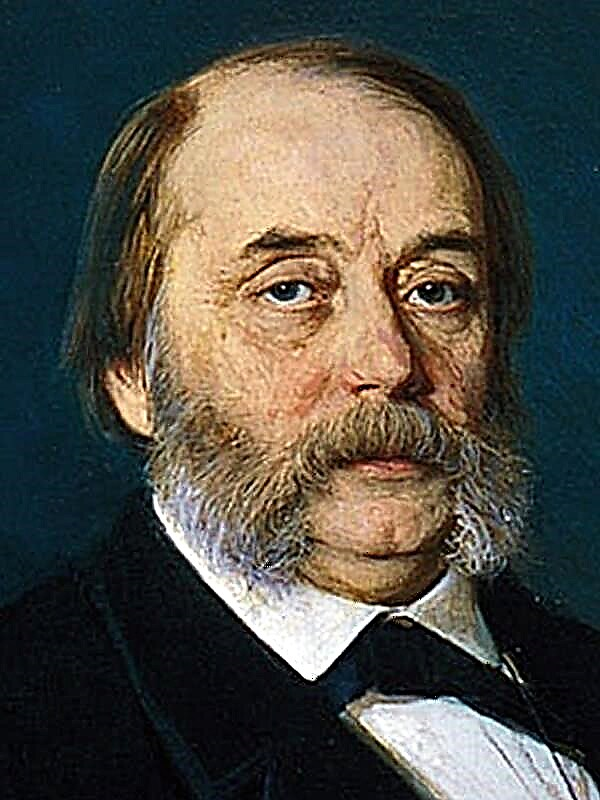
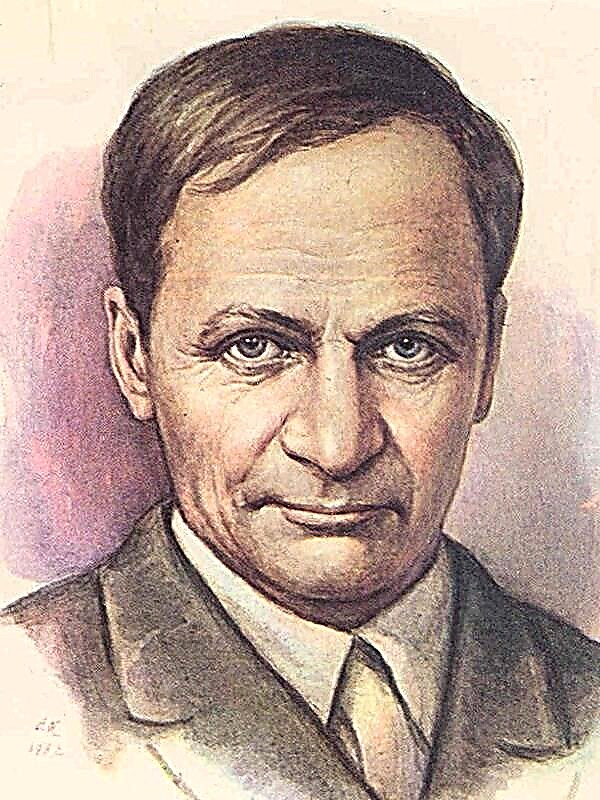
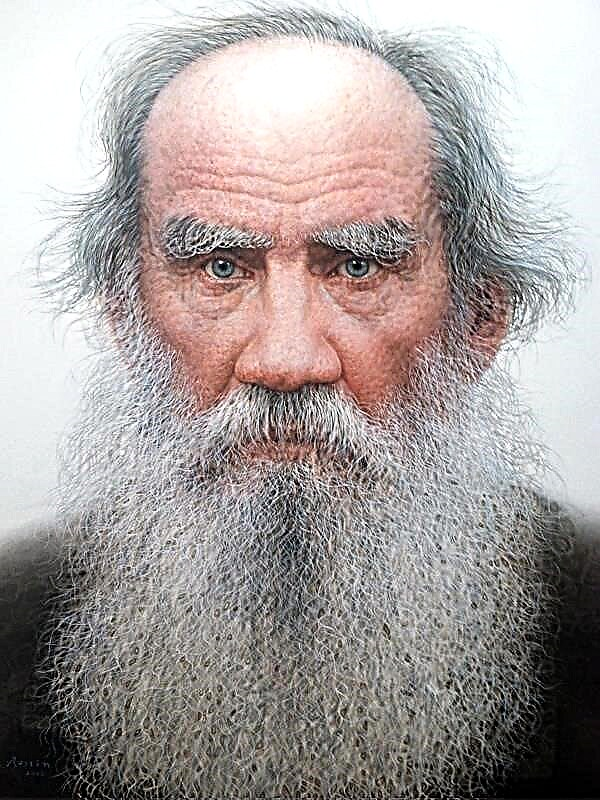 Power of darkness
Power of darkness